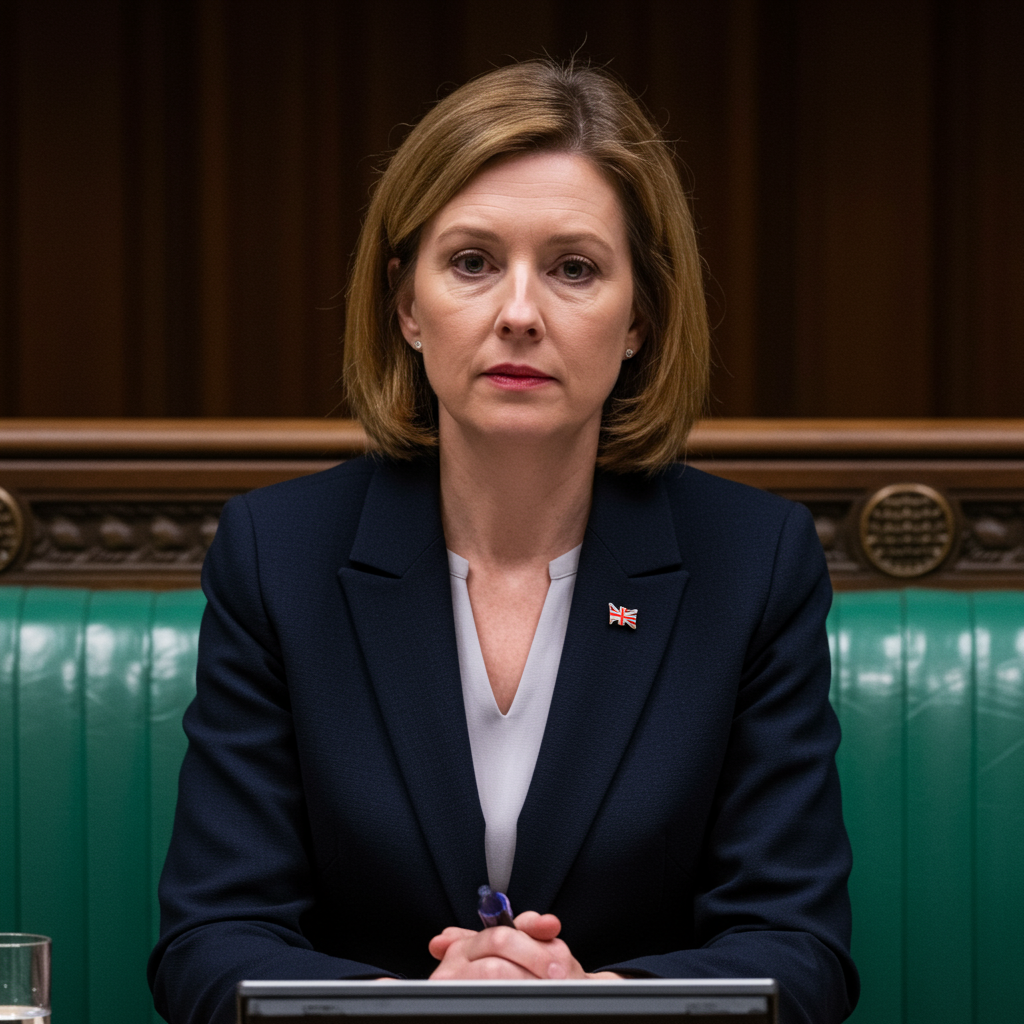The opening of the High Speed 2 (HS2) railway line faces yet another significant delay, pushing its operational start date beyond the current 2033 target. Transport Secretary Heidi Alexander confirmed the setback, offering no new timeline for when the controversial project will finally begin running trains.
Describing HS2 as an “appalling mess” and a “litany of failure,” Alexander told MPs that there was simply “no route” to delivering the project on its existing schedule or within budget. She attributed the chronic issues to a history of “constant scope changes, ineffective contracts and bad management,” resulting in billions of pounds of taxpayers’ money being wasted.
A Project Plagued by Soaring Costs and Cutbacks
Since its approval in 2012, the HS2 project has been synonymous with escalating costs and repeated scaling back of its ambition. Originally envisioned as a Y-shaped network connecting London to major cities in the Midlands and North, with an estimated cost of £32.7 billion and a 2026 opening for Phase 1, the reality has proven drastically different.
By 2013, the estimated cost had already jumped to nearly £50 billion, pushing the full network completion date back to 2033. Independent estimates in 2020 suggested the potential eventual cost could reach as high as £106 billion. While the government last year estimated the remaining project cost at between £45 billion and £54 billion (in 2019 prices), HS2 management’s own figures suggested up to £57 billion. Overall, costs have reportedly soared by an astonishing £37 billion since the project was approved in 2012.
The project’s scope has been dramatically reduced over the years. The eastern leg from Birmingham to Leeds was cancelled first, followed by the significant decision under Rishi Sunak’s government to axe the remaining northern half connecting Birmingham to Manchester. Even the London terminus at Euston has faced immense challenges; work was paused with costs spiralling to nearly double the initial budget (£4.8 billion), and initial services are now expected to start and end at Old Oak Common, six miles from central London, potentially until the 2040s. Specific examples of controversial spending include £2 billion spent on the now-scrapped northern sections and over £250 million on failed designs for the Euston station.
Reports Highlight Mismanagement and Failures
The Transport Secretary’s assessment follows findings from two recent reports commissioned to examine the project’s failings and learn lessons for future major infrastructure.
An interim report by the current HS2 chief executive, Mark Wild, “lays bare the shocking mismanagement of the project under previous governments,” according to Alexander. It was based on Wild’s advice that she concluded a 2033 operational date was unattainable.
A second review by infrastructure delivery specialist James Stewart looked into the governance and accountability of HS2 Ltd, identifying what went wrong and offering recommendations. The government has reportedly accepted and is implementing 89 recommendations from this review, aiming to improve oversight, control spiralling costs, and address skill deficits.
Alexander also cited allegations of fraud within the project and referenced concerns raised by a whistleblower regarding potential misrepresentation of costs. Examples like the £100 million spent on structures near Sheephouse Wood for bat protection have drawn particular criticism for their perceived excessive cost.
Looking Ahead (Uncertainly)
Despite the severe delays and cost issues, Alexander confirmed that Phase 1 of the line, connecting London (initially Old Oak Common) to Birmingham, will still proceed. She promised a further update on future costs and timelines before the end of the year.
The appointment of Mike Brown, former commissioner of Transport for London, as the new chair of HS2 Ltd is also intended as part of the effort to stabilise and reset the project.
However, critics remain vocal. Shadow Transport Secretary Gareth Bacon acknowledged that “mistakes were made,” leading to costs more than doubling and repeated delays. Campaigners have suggested that, given the “catastrophic mishandling” over years, it might not be too late to scrap the project entirely. A report from the Public Accounts Committee in early 2025 even branded HS2 a “casebook example of how not to run a major project.”
As the project continues its troubled journey 16 years after being first proposed, the latest delay underscores the immense challenges facing one of the UK’s largest and most contentious infrastructure undertakings.

